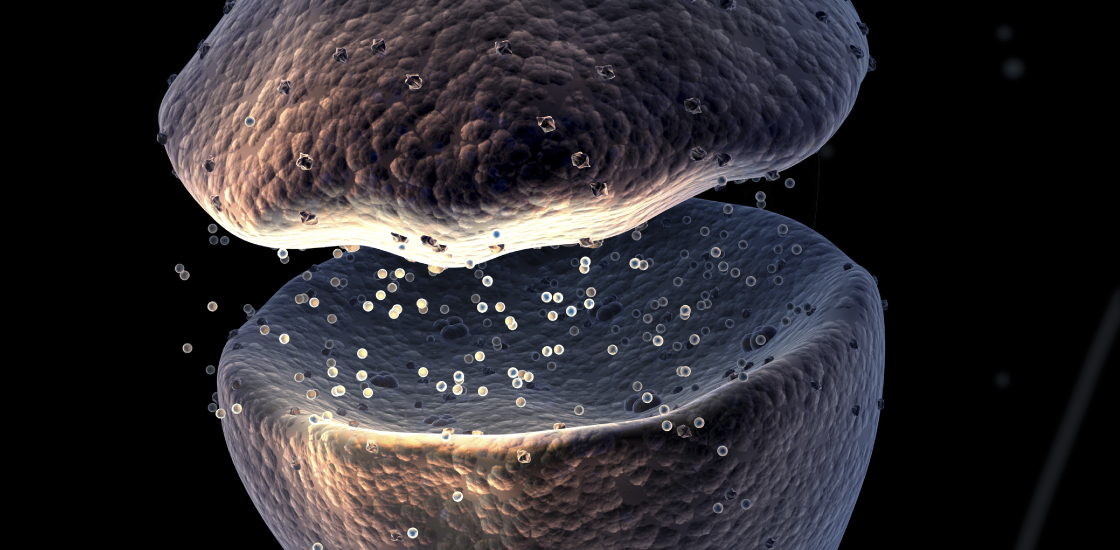
Science Picture Co / Science Source
THIS ARTICLE IS MORE THAN FIVE YEARS OLD
This article is more than five years old. Autism research — and science in general — is constantly evolving, so older articles may contain information or theories that have been reevaluated since their original publication date.
A new drug reverses some cognitive deficits in a mouse model of Rett syndrome by stimulating a molecular receptor in the brain involved in learning. The findings were presented today at the 2015 Society for Neuroscience annual meeting in Chicago.
The receptor, called mGluR7, binds to the chemical messenger glutamate in the brain’s learning and memory hub, the hippocampus. Because of its location in the hippocampus, this molecule serves as an interesting target for drug development, says lead researcher Colleen Niswender, director of molecular pharmacology at the Vanderbilt Center for Neuroscience Drug Discovery in Nashville, Tennessee.
Rett syndrome is a serious developmental disorder that almost exclusively affects girls. Affected children typically show severe cognitive and language impairments, as well as distinctive repetitive movements. Mutations that inactivate the gene MeCP2 lead to this autism-related condition.
Interested in ameliorating cognitive deficits in Rett syndrome, Niswender and her colleagues investigated how loss of MeCP2 might affect levels of mGluR7.
Ordinarily, stimulating neurons in the hippocampus prompts them to release glutamate. When glutamate latches onto mGluR7 on other neurons, it suppresses the cells’ release of the inhibitory brain chemical gamma-aminobutyric acid (GABA). This action takes the brakes off a neuronal process that underpins learning1.
Making connections:
The researchers found that expression of mGluR7 in the brains of mice lacking MeCP2, which show severe cognitive deficits, is lower than that in normal mice. In hippocampal neurons, these receptors also show impaired activity. (The expression of mGluR7 is also lower in postmortem brain tissue from seven individuals who had Rett syndrome than in nine people without the disorder.)
Building on these findings, Niswender and her colleagues developed a compound they call VU0422288 that binds to mGluR7 and makes it more sensitive to glutamate2. They expected the drug to compensate for the receptor deficit in the mutant mice.
In slices of the hippocampus from these mice, the new drug restores the function of mGluR7. It also reverses deficits in neuronal activity in the hippocampus when the researchers stimulate these cells to simulate what happens during learning.
What’s more, injecting the drug improves the ability of mutant mice to learn an association between two stimuli: a flash of light and a shock to the foot. This finding suggests that the drug has cognitive benefits.
“It showed a really nice translation from the gene level to electrophysiology to behavior,” Niswender says.
Niswender does not yet know if the drug’s effects are specific to mGluR7, as it also acts on two other glutamate receptors. She also aims find out whether the drug ameliorates other Rett syndrome symptoms, such as seizures, repetitive motor behaviors and communication difficulties.
For more reports from the 2015 Society for Neuroscience annual meeting, please click here.
By joining the discussion, you agree to our privacy policy.